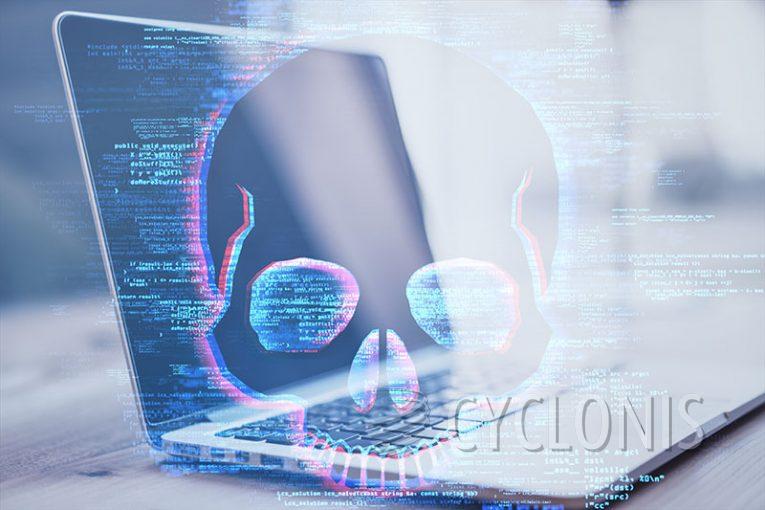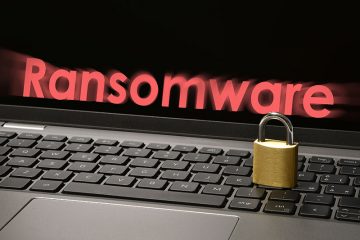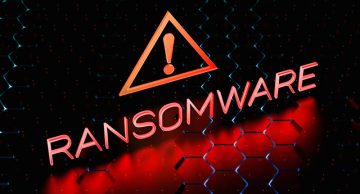Rincrypt Ransomware Locks Most Files

Our team uncovered the Rincrypt ransomware during an analysis of new malicious file samples. Upon running a sample of Rincrypt on our test system, it proceeded to encrypt files and add a ".rincrypt" extension to their filenames.
For instance, a file originally named "1.jpg" would be transformed into "1.jpg.rincrypt", and "2.png" would become "2.png.rincrypt", and so on. Once the encryption process concluded, Rincrypt generated a brief ransom note within a text file named "READ THIS.txt".
The message from Rincrypt notifies the victim that their files are now inaccessible due to encryption. The note urges the victim to reach out to the attackers in order to purchase the decryption tool.
Rincrypt Ransom Note Lists No Specific Sum
The brief ransom note generated by Rincrypt reads as follows:
All of your files have been encrypted. send email here nevorah775@dacgu.com and buy decryptor.
How Can Ransomware Infiltrate Your Computer?
Ransomware can infiltrate your computer through various methods, including:
Phishing Emails: One common method is through phishing emails that contain malicious attachments or links. These emails may appear to be from legitimate sources, such as financial institutions or well-known companies, but they actually contain ransomware or links to malicious websites that distribute ransomware.
Malicious Websites: Visiting compromised or malicious websites can also lead to ransomware infections. These websites may exploit vulnerabilities in your web browser or plugins to deliver malware onto your system without your knowledge.
Malvertising: Attackers may use malicious advertising, known as malvertising, to distribute ransomware. Malicious ads can appear on legitimate websites and may redirect users to websites hosting ransomware or attempt to download malware onto the user's system directly from the advertisement.
Exploit Kits: Cybercriminals can use exploit kits, which are toolkits containing various exploits for known vulnerabilities in software, to automatically exploit vulnerabilities on a victim's system and deliver ransomware payloads.
Remote Desktop Protocol (RDP) Attacks: Attackers may exploit weak or default credentials for Remote Desktop Protocol (RDP) connections to gain unauthorized access to a victim's system and deploy ransomware.
Drive-by Downloads: Ransomware can also be delivered through drive-by downloads, where malware is downloaded and installed onto a victim's system without their knowledge or consent when visiting a compromised website.








